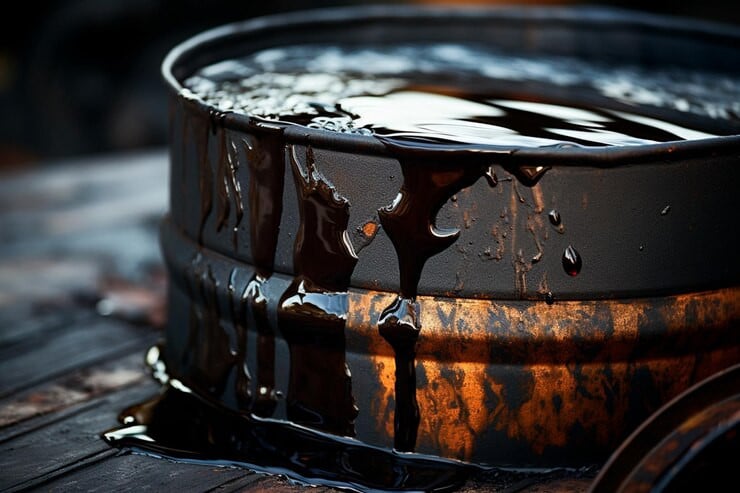ISLAMABAD:
The Oil Companies Advisory Council (OCAC) has cautioned the Special Investment Facilitation Council (SIFC) that the climate support and petroleum levies on furnace oil have become effective from July 1, 2025, which will raise its price by over 80%, making many industries, shipping services and independent power producers (IPPs) unviable.
In a letter sent to SIFC, OCAC Chairman Adil Khattak said that the advisory council and its member companies had expressed deep concern and protested over the imposition of petroleum levy of Rs82,077 per metric ton on furnace oil through the Finance Act 2025. “This levy, in addition to the Climate Support Levy of Rs2,665 per metric ton, poses a serious threat to the overall business environment,” he said.
“While we acknowledge and appreciate the support extended by the Special Investment Facilitation Council in securing an interim relief from the government – through the recovery of inadmissible general sales tax (GST) on petroleum products via the inland freight equalisation margin (IFEM), this remains a temporary measure with limited scope,” he said and demanded a sustainable solution by restoring the taxable status of currently exempt petroleum products, ie, motor spirit (petrol), high-speed diesel (HSD), kerosene oil and light diesel oil (LDO).
He called SIFC’s continued support pivotal until full and permanent resolution of the matter. Khattak stated that the abrupt imposition of levies on furnace oil without prior consultation with the industry reflects a complete disconnect from the economic and operational challenges being faced by the sector.
Furnace oil is a deregulated product and its pricing is governed by market forces. It is mainly used to meet energy needs of the domestic industry. “The imposition of such a substantial fiscal burden will have widespread and adverse financial repercussions across multiple business sectors, threatening their viability and long-term sustainability,” he remarked.
OCAC said that the new levies would increase furnace oil prices by approximately 80%, making its use economically unviable for key industries such as cement, shipping, textile, glass, tyre manufacturing, large-scale industrial units, foundries and other sectors reliant on boilers and furnaces (commonly referred to as general trade).
This drastic price increase would eliminate domestic furnace oil demand and cause a sharp decline in industrial activity, potentially resulting in partial or complete operational shutdowns, especially where no viable fuel alternatives exist, it warned.
In the letter, OCAC underscored that this measure was in direct contradiction to the government’s stated commitment to promoting domestic manufacturing. Rather than enhancing revenues, it is likely to significantly reduce or eliminate furnace oil sales within the country, thereby slashing associated sales tax revenues and undermining industrial competitiveness.
“It will also defeat the objective of collecting the envisaged revenue through the imposition of petroleum and climate support levies.”
In the absence of domestic demand, the advisory council said, local refineries would be forced to export furnace oil at a considerable financial loss. This will further strain the financial condition of Pakistan’s refining sector and compromise its sustainability.
It pointed out that the government had recently renegotiated tariffs with furnace oil-based IPPs but the new levies would substantially increase fuel costs, pushing those plants lower on the merit order and rendering them inactive.
“This will nullify the gains from recent renegotiations while still obligating the government to make capacity payments, effectively increasing the burden on national finances.”
In light of the above, OCAC urged SIFC to intervene and recommend the withdrawal of petroleum and climate support levies on furnace oil. It believes this will help restore policy consistency, support critical sectors of the economy and uphold the principles of fair and sustainable economic development.
“We remain committed to engaging in constructive dialogue and are available for an urgent meeting to further discuss this matter in the national interest,” the OCAC chairman added.
